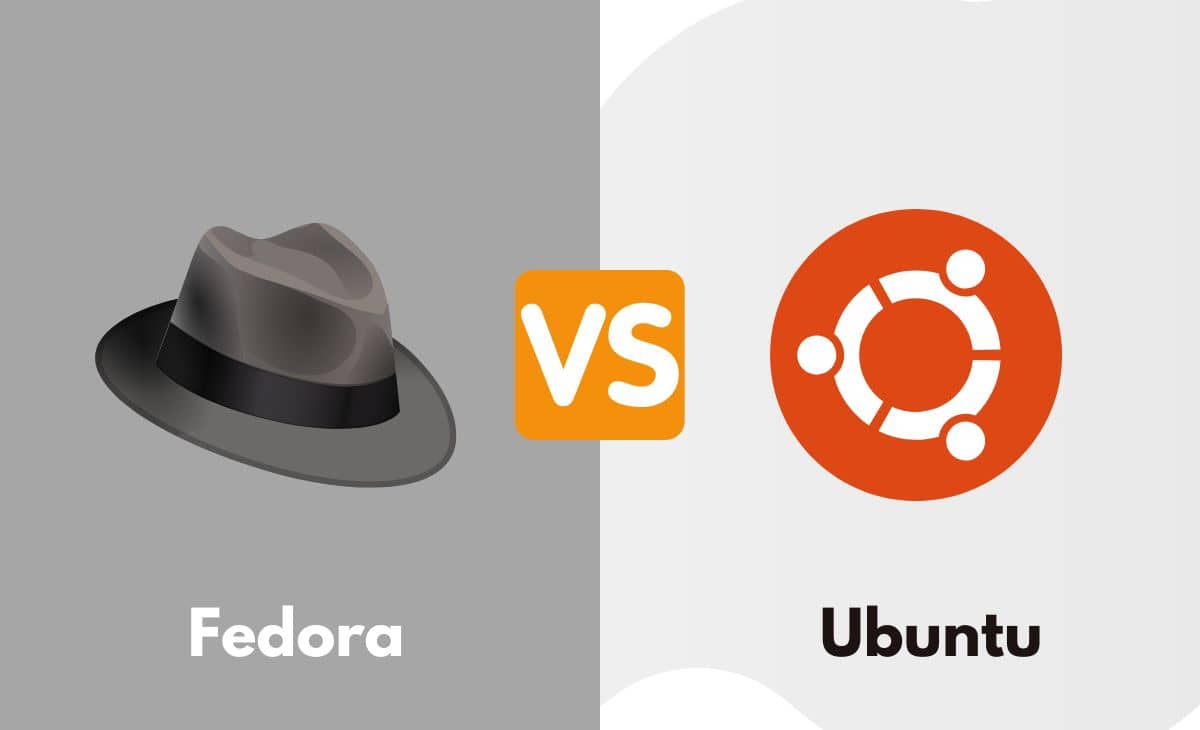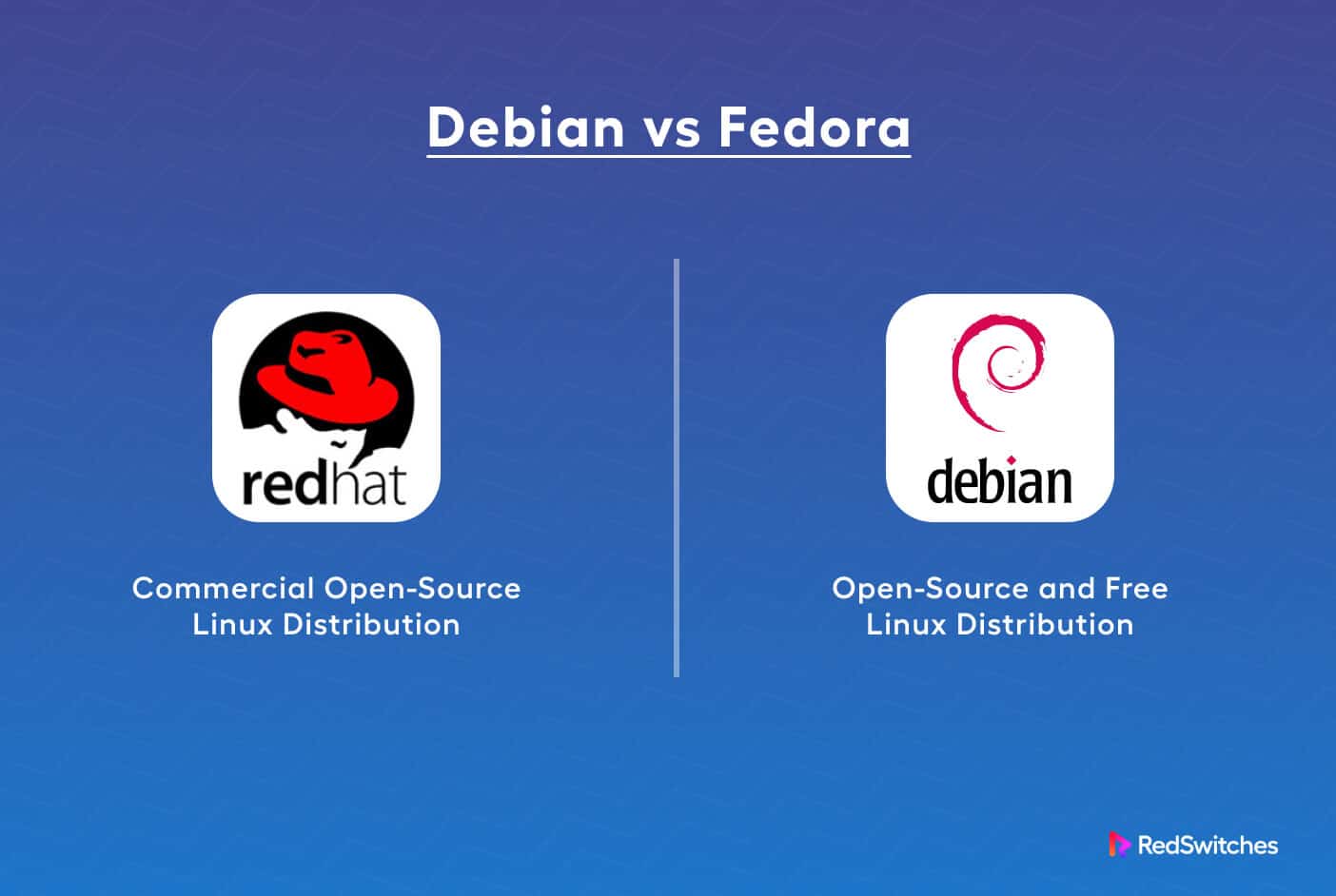Fedora vs. Ubuntu: Comparing Innovation and Stability

Fedora and Ubuntu are two of the most popular Linux distributions. They are both well-supported and offer a wide range of features and applications. However, there are some key differences between the two distributions.

Innovation

Fedora is known for its focus on innovation. It is one of the first distributions to adopt new technologies, and it often includes features that are not yet available in other distributions. For example, Fedora was the first distribution to include GNOME 3, which is the latest version of the GNOME desktop environment.
Ubuntu, on the other hand, is more conservative. It is more focused on stability and reliability than on innovation. This makes it a good choice for users who are looking for a distribution that is less likely to break.
Stability
Fedora is not as stable as Ubuntu. This is because it is more willing to adopt new technologies. However, Fedora is still a very stable distribution, and it is unlikely to cause any major problems.
Ubuntu is more stable than Fedora. This is because it is more conservative and less likely to adopt new technologies. This makes it a good choice for users who are looking for a distribution that is very reliable.
Which distribution is right for you?
The best distribution for you depends on your needs. If you are looking for a distribution that is innovative and cutting-edge, then Fedora is a good choice. If you are looking for a distribution that is stable and reliable, then Ubuntu is a good choice.## Fedora Vs. Ubuntu: Comparing Innovation And Stability
Executive Summary
Choosing between Fedora and Ubuntu depends on your specific needs. Fedora emphasizes innovation with frequent updates, a vast software repository, and support for bleeding-edge technologies. Ubuntu, on the other hand, prioritizes stability with long-term support releases, enterprise-grade security, and a user-friendly experience.
Introduction
Fedora and Ubuntu stand as two prominent Linux distributions catering to diverse user requirements. While Fedora embraces cutting-edge developments, Ubuntu focuses on stable and reliable platforms. Understanding their key differences can guide users in selecting the distribution that best suits their purpose.
Innovation vs. Stability
Fedora
- Rapid release cycle: Releases new versions every 6 months, providing access to the latest software and features.
- Extensive software repository: Offers a vast collection of open-source software, including pre-release and bleeding-edge applications.
- Community-driven development: Encourages user contributions and feedback to shape its direction.
- Bleeding-edge technologies: Supports new hardware and software, providing cutting-edge experiences.
Ubuntu
- Long-term support releases: Provides stable and secure versions supported for several years, ensuring continuity for production environments.
- Enterprise-grade security: Implements industry-standard security measures and certifications, making it suitable for corporate environments.
- User-friendly experience: Maintains a polished and user-friendly graphical interface, reducing the learning curve for new users.
- Wide hardware compatibility: Supports a wide range of hardware devices, increasing accessibility.
User Base and Community
Fedora
- Technical enthusiasts: Appeals to developers, system administrators, and technology enthusiasts seeking advanced features and customization options.
- Active community: Fosters a vibrant community where users engage in discussions, development, and support.
- Bleeding-edge software: Attracts users interested in experimenting with new software and technologies.
Ubuntu
- Mainstream users: Targets general-purpose users seeking a stable and user-friendly operating system for everyday tasks.
- Corporate environments: Widely deployed in businesses due to its stability, security, and compatibility with corporate hardware and software.
- Supportive community: Offers a large and active community providing documentation, forums, and troubleshooting assistance.
SoftwareEcosystem and Updates
Fedora
- Vast software repository: Offers a wide selection of software packages, including experimental and pre-release versions.
- Regular updates: Releases frequent security and software updates to maintain system stability and incorporate new features.
Ubuntu
- Package management: Uses APT package management system, which simplifies software installation and updates.
- Stability-focused updates: Prioritizes stable updates over frequent changes, ensuring system reliability.
- Long-term release schedule: Updates the core operating system every 2 years, providing predictable and stable upgrades.
Hardware Compatibility
Fedora
- Rolling release model: Requires regular updates to maintain compatibility with new hardware. This can lead to occasional compatibility issues.
Ubuntu
- Hardware support: Provides wide hardware compatibility, including support for legacy and non-standard devices.
- Compatibility with drivers: Focuses on maintaining compatibility with drivers for various hardware components, ensuring seamless operation.
Conclusion
The choice between Fedora and Ubuntu ultimately depends on the user’s requirements. Fedora’s focus on innovation is ideal for users seeking bleeding-edge technologies, community involvement, and rapid software updates. Ubuntu, on the other hand, prioritizes stability, enterprise-grade security, and user-friendliness, making it a suitable choice for production environments, mainstream users, and those seeking a stable platform. By understanding these distinctions, users can make an informed decision that aligns with their specific needs.
Keyword Phrase Tags
- Fedora vs. Ubuntu
- Linux Distro Comparison
- Innovation and Stability
- Open-Source Operating Systems
- Enterprise Linux



I found this article very insightful. It provides a comprehensive comparison of Fedora and Ubuntu, highlighting their strengths and weaknesses. I appreciate the detailed analysis of each distribution’s innovation and stability. This article is a valuable resource for anyone considering choosing between these two popular Linux distributions.
I’m not sure I agree with the author’s assessment of Fedora’s stability. In my experience, Ubuntu has been much more stable and reliable. Fedora seems to break more often and require more maintenance. I would not recommend Fedora to anyone who values stability and uptime.
The article mentions that Fedora is more bleeding-edge than Ubuntu, but it doesn’t provide any specific examples. I would like to know what конкретные features or technologies make Fedora more innovative. Can anyone provide some examples?
The author claims that Fedora is more suitable for developers and advanced users, while Ubuntu is better for beginners. I disagree with this characterization. I think that Ubuntu is just as suitable for developers as Fedora, and it is actually easier for beginners to use. Fedora’s package management system is more complex and confusing than Ubuntu’s.
So, Fedora is supposed to be more innovative, but it’s also less stable? That’s like saying a race car is more innovative than a family sedan, but it’s also more likely to break down. I’ll stick with Ubuntu, thank you very much.
Oh, look, another article comparing Fedora and Ubuntu. How original. I’m sure this one will be just as insightful as all the others. Yawn.
I’ve used both Fedora and Ubuntu, and I can confidently say that they’re both great operating systems. It really depends on what you’re looking for. If you want the latest and greatest features, go with Fedora. If you want stability and ease of use, go with Ubuntu. It’s like choosing between a sports car and a family sedan. Both have their own advantages and disadvantages.
One thing the article doesn’t mention is that Fedora is a community-driven distribution, while Ubuntu is backed by a commercial company. This can have a significant impact on the development and support of each distribution. Fedora users have more control over the direction of the project, while Ubuntu users benefit from the resources and support of a large company.
I’m a huge fan of Fedora. I love the bleeding-edge features and the active community. I’ve been using Fedora for years and I’ve never had any major problems. It’s a great distribution for anyone who wants the latest and greatest Linux has to offer.
I’m not sure I’m ready for Fedora. I’ve heard that it can be unstable and difficult to use. I think I’ll stick with Ubuntu for now. It’s more stable and easier to use, which is important to me.
I’m new to Linux and I’m not sure which distribution to choose. I’ve heard good things about both Fedora and Ubuntu. Can anyone give me some advice?
I’m so excited to try Fedora! I’ve heard that it’s the best Linux distribution for developers. I can’t wait to get my hands on it and start coding.